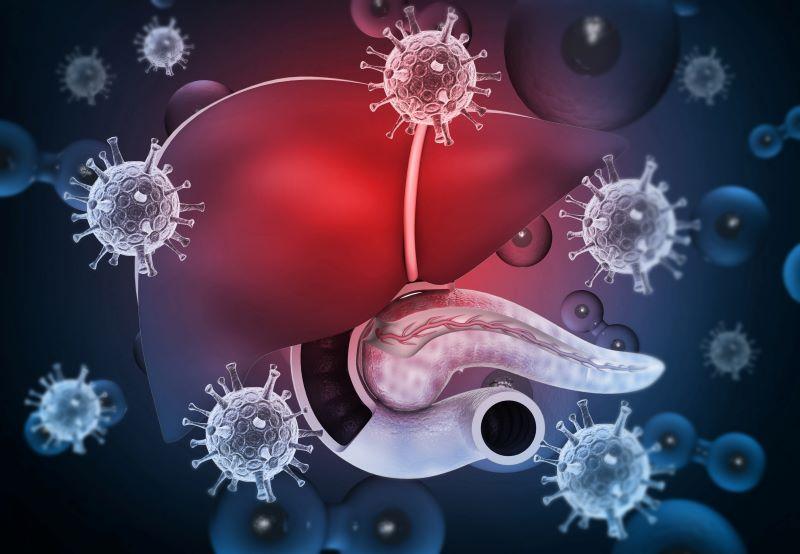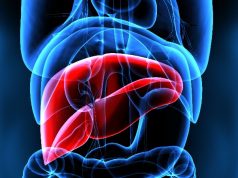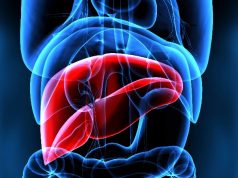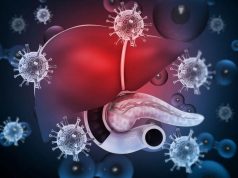Higher odds of receiving DAA treatment seen for younger age, being seen by a gastroenterologist or infectious disease physician, having cirrhosis
By Lori Solomon HealthDay Reporter
TUESDAY, Nov. 21, 2023 (HealthDay News) — Direct-acting antiviral agents (DAAs) remain underutilized in patients with hepatitis C virus (HCV)-related hepatocellular carcinoma (HCC), according to a study presented at The Liver Meeting, the annual meeting of the American Association for the Study of Liver Diseases, held from Nov. 10 to 14 in Boston.
Leslie Yeeman Kam, M.D., from the Stanford University Medical Center in California, and colleagues assessed the proportion of patients with HCV-related HCC who received DAAs after 2014, as well as factors associated with treatment receipt. The analysis included 3,922 patients with HCV-related HCC identified from Optum’s Clinformatics Data Mart Database (2015 to 2021).
The researchers found that 23.5 percent of patients received DAAs. Higher odds of receiving DAA treatment were seen for younger individuals (adjusted hazard ratio [aHR], 0.98), those being seen by a gastroenterologist or infectious disease (with or without oncology) physician (aHR, 3.06), and those with cirrhosis (aHRs, 1.60 and 1.45 for compensated and decompensated, respectively). No differences were seen by sex or race/ethnicity. Five-year survival was significantly higher in DAA-treated patients versus untreated patients (47.2 versus 35.2 percent). The Charlson Comorbidity Index, HCC treatment, and receiving DAA treatment remained significantly associated with lower mortality (aHR, 0.61) when adjusting for age, sex, and race and ethnicity.
“Although those who received DAA treatment had a significantly better five-year survival, DAA treatment remains underutilized even in the sickest of patients with HCV who are insured, as less than one in four patients were treated,” the authors write.
Copyright © 2023 HealthDay. All rights reserved.








